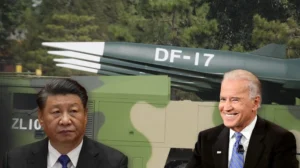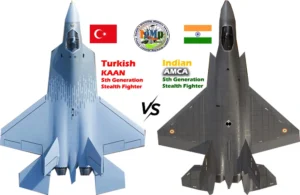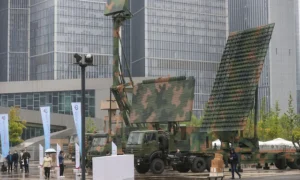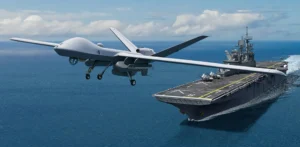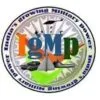By Vaishali Basu Sharma
Iraq’s Oil Ministry has approved the sale of Japanese oil major Inpex Corporation’s 40 percent stake in the Block 10 region that contains the vast Eridu oil fields in the southern part of Iraq, clearing the way for Russian Lukoil to take total control of the entire oil-rich area.
Russian major Lukoil, with its 60 percent stake, and Japan’s Inpex, with a 40 percent stake, had acquired contracts for the exploration and production of the Eridu field after Iraq’s fourth licensing round in 2012.
Lukoil has been conducting geological exploration at Block 10 for several years. Block 10, covering 5.8 thousand square kilometers, is located 120 kilometers away from one of the world’s most extensive oil fields, West Qurna-2, where Lukoil started commercial oil production in 2014.
Two-dimensional and three-dimensional seismic surveys were conducted, three exploratory wells and six appraisal wells were drilled, and as a result, the Eridu oilfield was discovered with an estimated reserve of 12.9 billion barrels.
Russia Kicks Out Japan, Acquires Largest Oil Field in Iraq; Major Moment In Energy Dynamics In West Asia

Oil reserves in Iraq are considered the world’s fifth-largest proven hydrocarbons, with 140 billion barrels, making the country the world’s most promising region regarding a potential ramp-up of their production.
Among OPEC members, Iraq holds the fourth largest crude oil reserves, after Venezuela, Saudi Arabia, and Iran (by the end of 2015). Regarding crude oil production, Iraq holds the second place after Saudi Arabia.
According to initial estimates, Iraq’s Eridu oil field holds between 7 billion and 10 billion barrels of reserves. But, oil industry insiders and the Russians are confident that the actual reserves may well be 50 percent more than the higher figure of that band.
According to OilPrice.com, since March this year, when Iraq’s state-owned Dhi Qar Oil Company (DQOC) formally approved the development of Block 10’s reserves, including for the whole Eridu field, Lukoil had been trying to push Inpex with its 40% stake out of Block 10.
While Iraq’s oil ministry has pegged peak production of at minimum 250,000 barrels per day (bpd) from Eridu, Russian oil industry sources believe peak production could run at least 100,000 bpd higher than the previous figure by 2029.
The takeover of Iraq’s most significant oil discovery by the Russian oil giant marks a critical moment in the power dynamics of global energy markets. Oilprice.com’s market analyst Simon Watkins, exploration and development in Iraq is in line with Moscow and Beijing’s objective of keeping the West out of energy deals in Iraq to keep Baghdad closer to the new Iran-Saudi axis and to “end [the] Western hegemony in the Middle East [that] will become the decisive chapter in the West’s final demise.”
In an interview published in Sputnik (July 18), the spokesman for Iraq’s Ministry of Foreign Affairs said that “relations between Baghdad and Moscow are growing in the energy sector, specifically the oil and gas sectors,” stressing that “Russian companies operating in Iraq are making promising investments in oil and gas fields in a way that enhances relations between the two sides.”
Indeed, Russian companies operating in Iraq are moving toward “promising” investments. Earlier this month, Lukoil extended its development and production contract for Iraq’s West Qurna 2 oilfield, aiming to gradually double oil output to 800,000 barrels per day (bpd).
Lukoil’s deal with Iraq’s Basra Oil Company in Baghdad extended the service contract by ten years up to 2045, with investments into further development of the project and “gradual doubling of the field’s output with plateau level reaching 800 thousand barrels per day.”
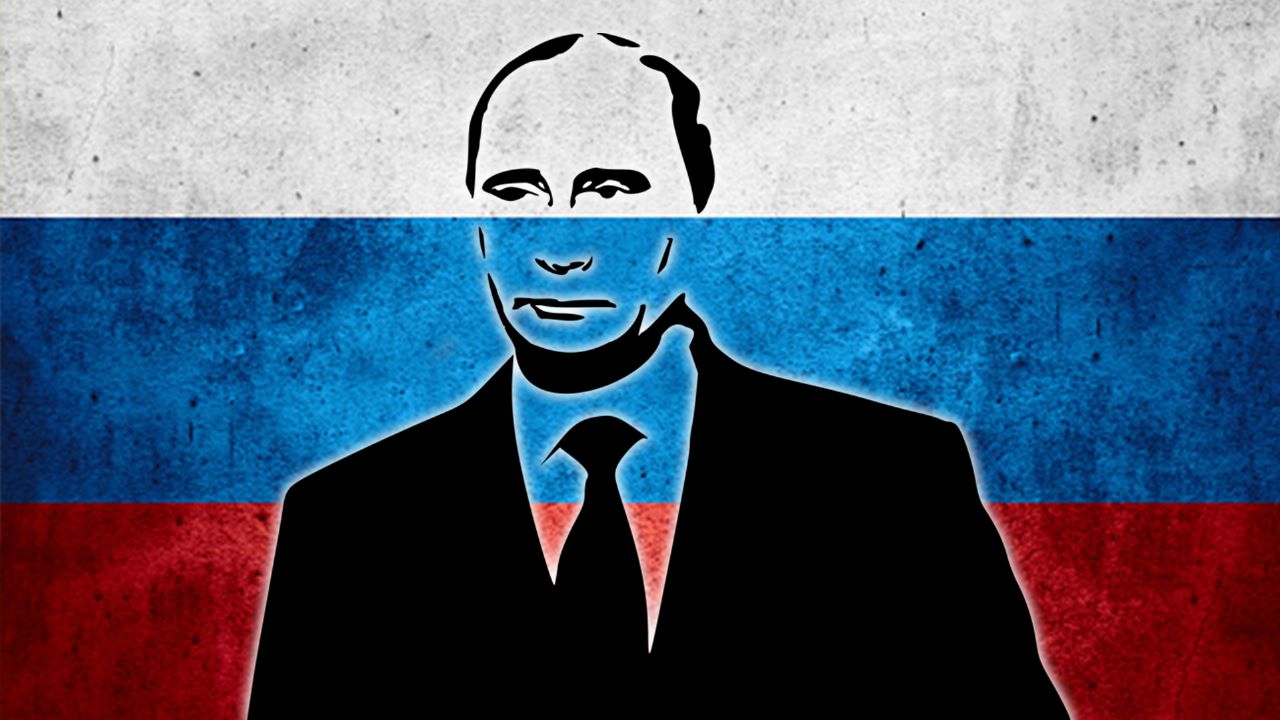
Russia has become a mature player in the Middle East. The unrest in Syria and the Arab Spring increased Russia’s engagement in the Middle East, resulting in an uptick in Russian investment across the region. Moreover, several states in the area view Russia as an increasingly influential player and have successfully balanced the equation between adversarial players, for instance, Saudi Arabia and Iran.
The last decade has seen its energy ties in the region deepen, reflecting Moscow’s long-term interest in global oil prices, which are critical to the health of the Russian economy. Moscow is cognisant of the vacuum created by the West’s departure and ensures that its engagement policies in the Middle East are within the framework of more prominent cooperation mechanisms with China.
- Vaishali Basu Sharma is an analyst of strategic and economic affairs. She has worked as a consultant with India’s National Security Council Secretariat (NSCS) for nearly a decade. She is presently associated with the New Delhi-based think tank Policy Perspectives Foundation.
- The author can be reached at postvaishali (at) gmail (dot) com.


